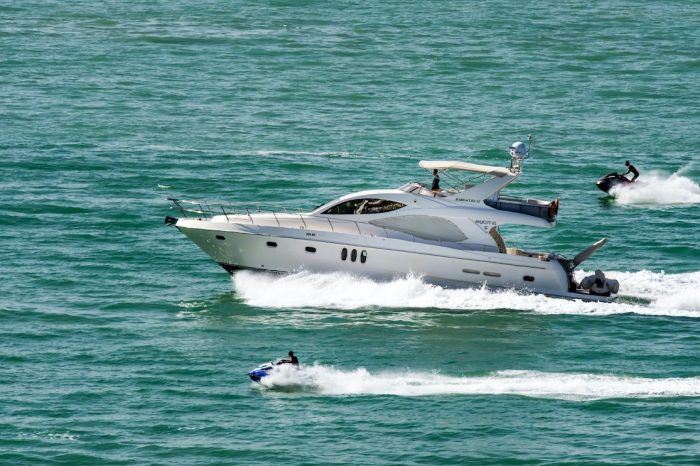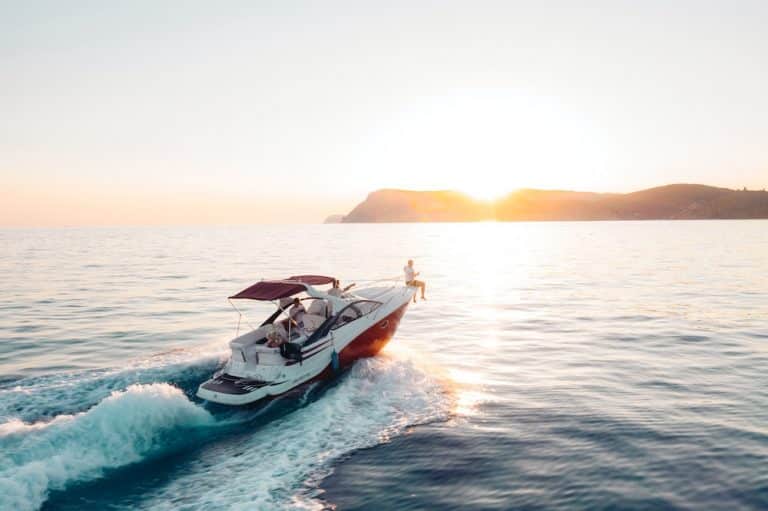
Key Tips to Help you Purchase the Right Marine Insurance Policy this Summer
AP Insurance’s Guide to Purchasing Marine Insurance this Summer
In B.C., boat sales are booming as people look for new ways to spend time with their families and friends and get out of the house and onto the water.
Thank you for reading this post, don't forget to subscribe!It’s Boating Season! Do you have the right Marine Insurance Policy?
Most of the time, boating is a relaxing and carefree activity, but sometimes accidents happen. And while some people skip out on insurance coverage, it’s a smart idea to have it should you encounter bad luck while you’re out on the water.
Whether you own a boat, jet-ski, or some other type of watercraft, marine insurance offers a host of protections that will ensure you and your family are protected from financial loss should an accident happen.


In this post, we’ll help you navigate the waters of marine insurance, so you obtain the right policy and peace of mind while you’re out enjoying your boat.
The Basics Of Marine Insurance Coverage
There are two main types of marine insurance: pleasure craft (e.g., ski boats, yachts, pontoon boats, sailboats, personal watercraft, and jet-skis) and commercial marine (e.g., ocean cargo and fishing boats).
We’ll be focusing on pleasure craft insurance in this post, which offers four types of coverage:
1. Property
Financially protect against physical damage to your boat.
2. Personal Liability
Protect you against financial loss should you injure another party or damage their property.
3. Uninsured Parties
Protect you from having to pay for medical expenses if an uninsured party injures you.
4. Medical Payments
Help you pay for medical expenses incurred by you.


Most people purchase boat insurance for property and/or personal liability coverage. Remember, without insurance, everything you own (your money, car, or even home) can be at risk should another party pursue you for damages.
When purchasing a policy, many people opt for ‘all-risks’ coverage, which automatically covers any risks that aren’t specifically excluded in your contract. It’s also possible to customize your policy against specific perils.
Depending on the size, cost, and how you plan to use your boat, your AP Insurance advisor may require a marine survey before the insurance company can extend coverage.
How To Choose The Right Boat Insurance Policy
The type of insurance coverage you need largely depends on the boat. For example, a large yacht will require a more comprehensive policy than a fishing boat.
In some cases, your homeowner’s insurance policy may offer some property or liability protection for your boat – review your policy to confirm or ask your advisor. However, most people require a standalone policy.


Prior to meeting with your advisor to obtain the right amount of coverage, ask yourself:
Who will be the main operator of the boat? – Typically, policies have terms and conditions about who can operate the boat and breaking these terms could result in future claims being denied.
Geographically, where will you be taking your boat? – Where you intend to navigate could impact your premiums.
Where will your boat be stored? – Your advisor will need to know about any storage risks so they can tailor your policy coverage appropriately.
Be mindful of exclusions in your typical marine insurance policy
While it’s important to have, there are limits to what your marine insurance policy will cover.
For example, most policies won’t protect you from loss if you damage your boat in a race or competition. You’re also unlikely to be reimbursed if land or aquatic animals damage your boat. These perils can be very expensive so ensure you understand the limits of your policy.
When speaking with your advisor, ask them to clearly define the limits of your policy and how to tailor your policy to cover specific perils.

When determining your premiums, insurance providers will assess the physical characteristics of your boat as well as your personal information.
Some factors that can impact your premium include:
- Type of boat (e.g., type, length, engine size, etc.)
- Operators
- Storage location
- Geography
- Claim history
- Safety licensing
Your advisor will develop a policy that’s calibrated to your needs to reduce how much you pay in premiums.


Preparing to speak to an AP Insurance Advisor
Prior to meeting with an insurance advisor, you will need the following information.
The market value of your boat – we also recommend bringing any supporting documents.
Specifications regarding your boat’s make, model, and length – this information can be found in the boat user’s manual.
Information about how often you use the boat and what it’s typically used for – this information will ensure your premium is appropriate.
Your boating experience, licensing information, and any claims history – a strong insurance record could reduce your premiums.
Get in touch with an AP insurance advisor today to obtain marine insurance and peace of mind before you head out onto the water.
Unfortunately, some people head out onto the water without fully considering the risks they might encounter. With so many variables at play when you’re out boating, accidents sometimes happen. The good news is you can protect yourself with a marine insurance policy. Get in touch with an AP insurance advisor today to obtain marine insurance and peace of mind before you head out onto the water.
CONTACT US
